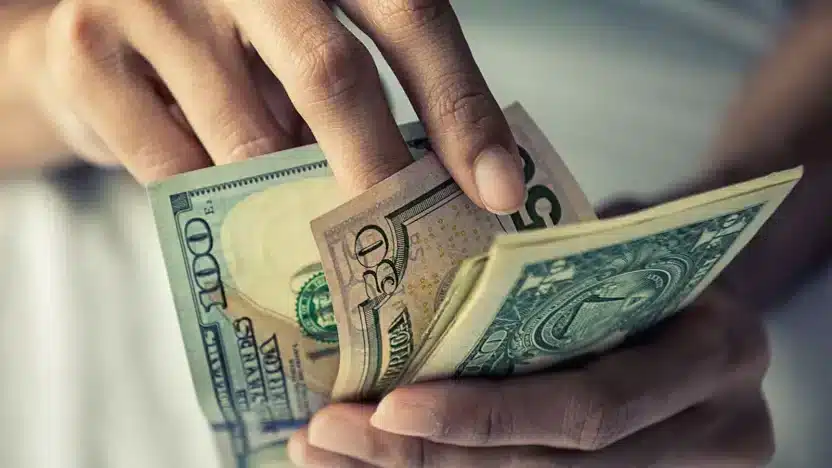This is a well misunderstood phrase because money provides happiness in countless ways. However, that’s not to say that those with money are always happy. Money isn’t guaranteed to make you happy.
Recent research suggests the story is a lot more nuanced—and, in many ways, the old saying doesn’t hold up.
Why People Believe It
This myth sticks around for a few reasons. First, we’re taught from a young age that the best things in life are free—think love, friendship, and health.
There’s also a cultural suspicion of wealth, as if chasing money means you’re shallow or missing out on what really matters. On top of that, older studies suggested that happiness only increased with income up to a certain point (famously, $75,000 a year), and then plateaued.
This led many to believe that after your basic needs are met, more money can’t make you any happier.
The Reality
New research is rewriting the script. Multiple large-scale studies now show that happiness and life satisfaction keep increasing as income rises—there’s no hard cap where money stops mattering.
For most people, more money means more choices, less stress, and a greater sense of control over life. In fact, recent studies have found that wealthy individuals report significantly higher happiness levels than those with lower incomes, and the difference is even more pronounced between the wealthy and the middle class.
How you spend your money also matters.
Research shows that spending on experiences, gifts for others, or time-saving services (like house cleaning) can create lasting boosts in happiness, especially in wealthier countries.
What else?
Here are several research-backed examples of how spending money can actually buy happiness:
- Reducing Daily Stress: Having more money allows you to pay for conveniences that save time and reduce daily hassles—like hiring a house cleaner, using grocery delivery, or paying for reliable transportation. These purchases free up your time and lower stress, which directly boosts happiness.
- Enjoying Experiences: Spending on experiences, such as travel, concerts, or special outings with friends and family, tends to create more lasting happiness than buying material things. Experiences build memories and strengthen relationships, both of which are strongly linked to well-being.
- Gifting and Generosity: Using money to help others—whether through gifts, charity, or supporting loved ones—has been shown to increase the giver’s happiness. Acts of generosity create a sense of purpose and connection, which are key ingredients for a happy life.
- Security and Peace of Mind: Higher income and savings provide a safety net, reducing anxiety about emergencies or unexpected expenses. This sense of security protects against true despair and supports a more stable, contented life.
- Greater Autonomy and Control: Money gives you choices—where to live, what work to do, and how to spend your time. This increased sense of control over your life is a major factor in overall happiness and life satisfaction.
Even after basic needs are met, having more financial resources can reduce anxiety, open doors, and provide a safety net in tough times. While money isn’t the only ingredient for happiness, it’s a powerful tool that can help you build a more satisfying life.
However, it’s also critical to understand that money doesn’t guarantee happiness. It also doesn’t even mean you’re rich. For some, more money also means more stress, and money should never be your sole purpose.
Expert Tip
If you want your money to bring you more happiness, focus on how you use it.
Spend on experiences, invest in your relationships, and consider ways to buy back your time or reduce daily stress. Giving to others or supporting causes you care about can also deliver a meaningful happiness boost. In short: it’s not just having money, but using it wisely, that makes the difference.
Bottom Line: The old myth that “money doesn’t buy happiness” just doesn’t fit the evidence anymore. While money isn’t everything, it absolutely can increase your happiness—especially when you use it to improve your life and the lives of those around you.
So, don’t feel guilty for wanting more financial security; it really can make a positive difference.





